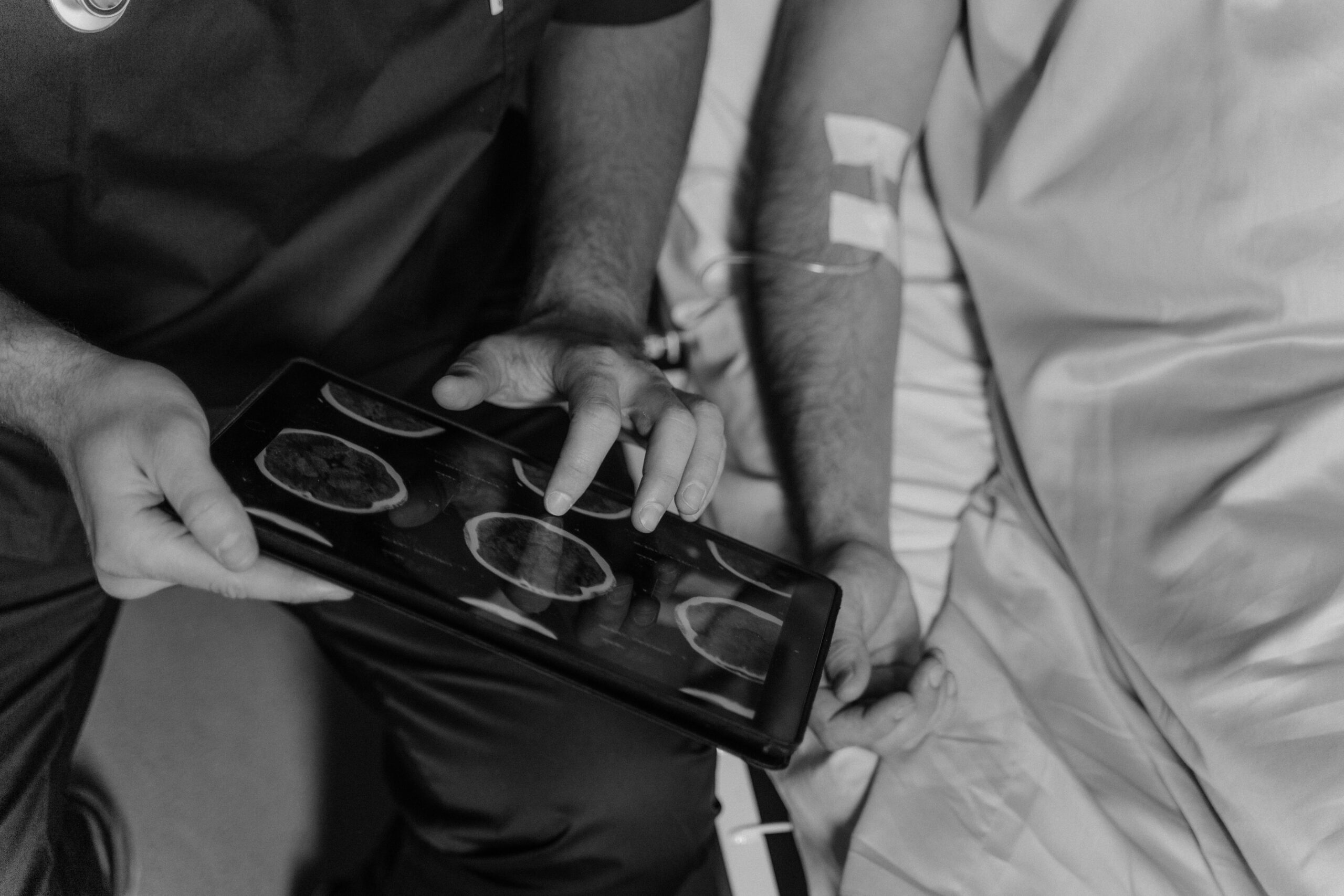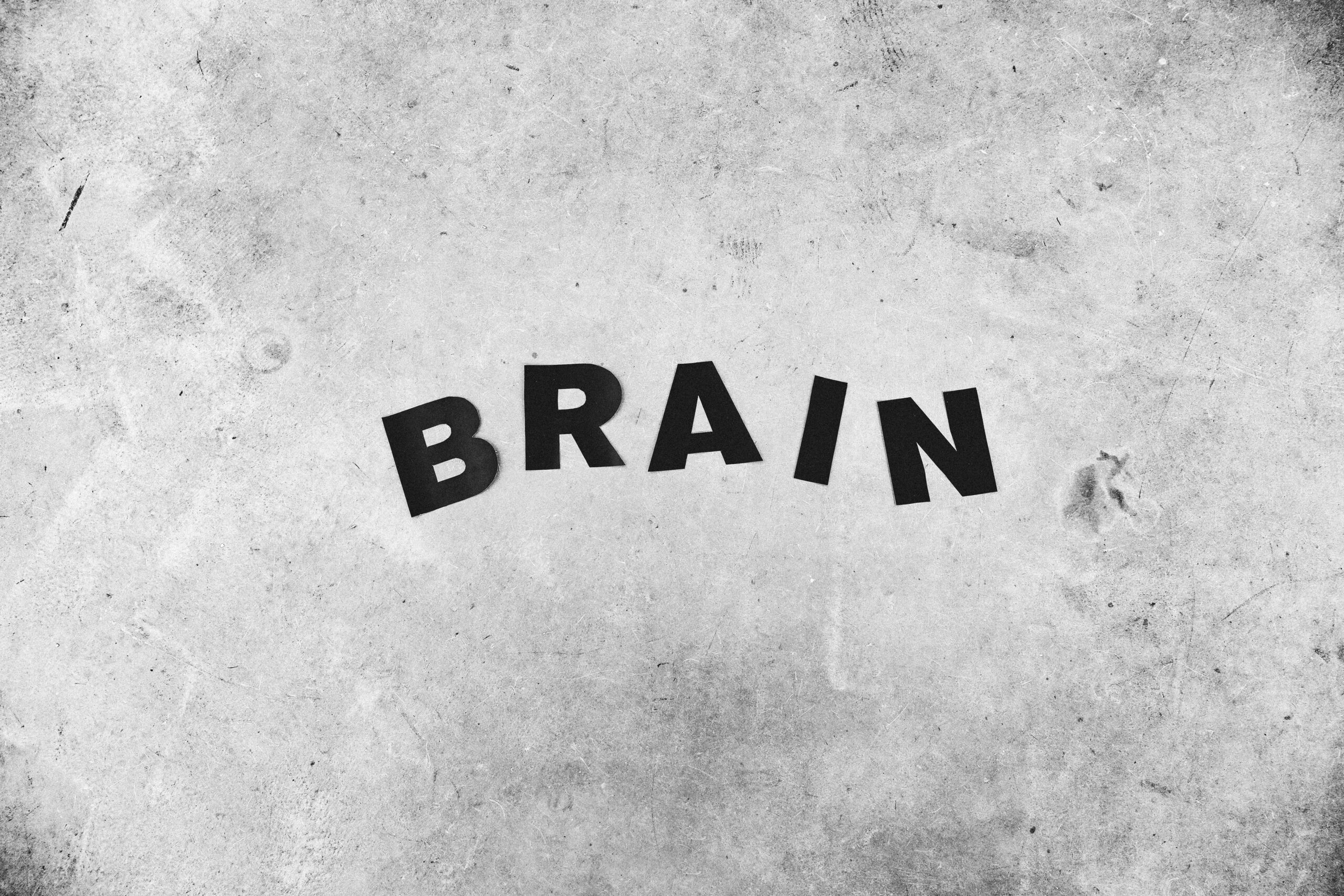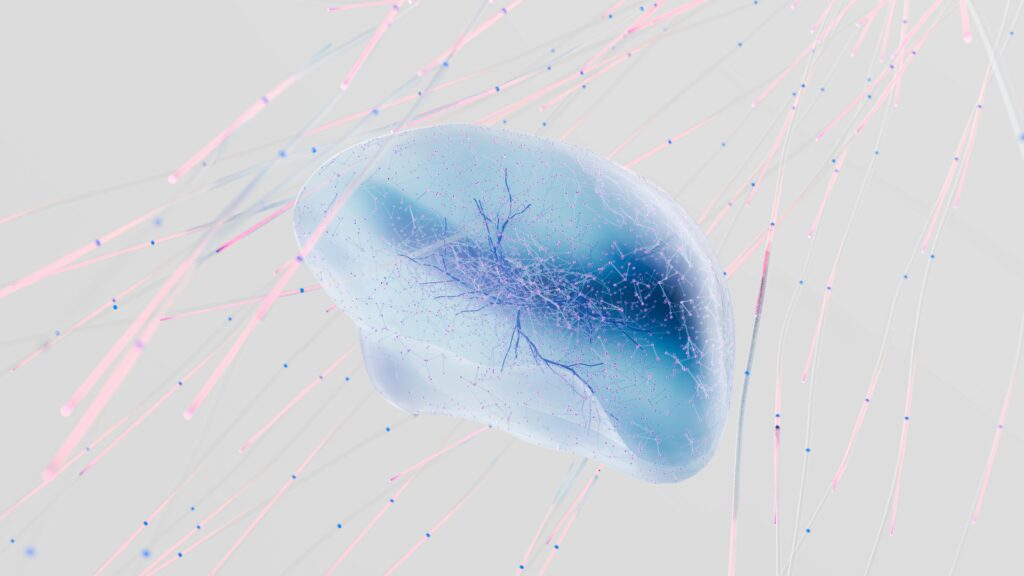How to Rewire Your Brain from Addiction
Addiction affects the brain in profound ways, disrupting neural pathways and altering brain chemistry. The process of rewiring your brain from addiction involves retraining your mind to function without addictive substances while fostering healthy habits. This guide explains the brain rewiring process and provides practical strategies for achieving long-term recovery.

Understanding the Brain’s Role in Addiction
The human brain plays a crucial role in addiction. Addictive substances hijack the brain’s reward circuit, leading to a surge in dopamine levels. This reinforces drug-seeking behaviors, resulting in substance use disorder. Over time, the brain’s natural dopamine production decreases, impairing cognitive control, impulse control, and emotional regulation.
Effects of Addiction on Brain Functions
- Brain Chemistry: Long-term substance abuse disrupts normal dopamine production, leading to chemical imbalances.
- Neural Connections: Chronic addiction weakens neural pathways responsible for decision-making and emotional regulation.
- Brain Structure: Magnetic resonance imaging (MRI) shows changes in the prefrontal cortex, basal ganglia, and brain stem in individuals with substance use disorders.

Steps to Rewire the Brain from Addiction
- Adopt Healthy Habits: Engaging in physical activity and regular exercise promotes the release of dopamine and other brain chemicals, supporting brain healing.
- Cognitive-Behavioral Therapy (CBT): CBT helps identify negative thought patterns and replaces them with healthier thought patterns.
- Practice Mindfulness: Mindfulness practices improve cognitive function, emotional regulation, and executive control.
- Maintain a Balanced Diet: Proper nutrition supports brain recovery by replenishing essential nutrients and stabilizing brain chemistry.
- Get Adequate Sleep: Adequate sleep helps repair brain cells and promotes normal functioning.
The Role of Behavioral Therapies
Behavioral therapies, including dialectical behavior therapy and motivational interviewing, address the behavioral patterns associated with addiction. These therapies teach healthy coping mechanisms, helping individuals manage withdrawal symptoms and reduce the risk of relapse.
The Importance of a Supportive Environment
- Family Therapy: Strengthens social connections and provides a supportive environment for individuals in recovery.
- Addiction Treatment Centers: Comprehensive treatment programs offer personalized treatment plans that cater to individual differences and needs.
- 12-Step Programs: Support groups like Alcoholics Anonymous foster community and accountability.
How Neuroplasticity Supports Recovery
The concept of neuroplasticity explains the brain’s ability to form new neural connections throughout life. This adaptability is key to rewiring the brain from addiction. With intentional practice and a structured recovery process, individuals can create healthier behavioral patterns and cognitive control.

Common Challenges in Recovery
- Withdrawal Symptoms: Intense physical and emotional symptoms during early recovery can challenge the rewiring process.
- Likelihood of Relapse: Environments with triggers and stressors increase the risk of relapse.
- Mood Swings: Fluctuations in mood during recovery can hinder progress but are manageable with mindfulness practices.
Healthy Coping Mechanisms for Long-Term Recovery
- Physical Exercise: Activities like yoga, running, or weightlifting boost dopamine levels and improve mood.
- Positive Activities: Engaging in hobbies or creative pursuits provides natural rewards and feelings of happiness.
- Social Connection: Building a support network of friends, family, and peers promotes emotional health.
Stages of Recovery and Brain Rewiring
- Acute Recovery: Focus on managing withdrawal symptoms and stabilizing brain chemistry.
- Early Recovery: Develop healthy routines and address emotional symptoms.
- Long-Term Recovery: Strengthen new neural connections through ongoing effort and practice.
Holistic Approaches to Brain Healing
Holistic therapies, such as meditation, acupuncture, and art therapy, play a critical role in the brain-healing process. These approaches enhance emotional regulation and improve cognitive function.
The Role of Medical Professionals
Experienced professionals guide individuals through the rewiring process. They provide treatment options such as medication-assisted treatment and contingency management to support recovery.
Why Brain Plasticity Matters
Brain plasticity ensures the generation of brain maps in response to healthier behaviors. This lifelong journey emphasizes the importance of consistent effort and a supportive environment for successful brain rewiring.

Frequently Asked Questions
How long does it take to rewire the brain from addiction?
The rewiring process varies depending on individual differences, the degree of damage, and the support system. It can take several months to years for significant improvements.
Can physical exercise help in addiction recovery?
Yes, physical activity boosts dopamine production, improves mood, and strengthens neural connections, aiding the brain-healing process.
What role does nutrition play in brain recovery?
Proper nutrition replenishes essential nutrients, stabilizes brain chemistry, and supports cognitive function during recovery.
How can mindfulness practices support brain rewiring?
Mindfulness improves emotional regulation, reduces stress, and enhances cognitive control, facilitating the recovery process.
Is professional help necessary for brain rewiring?
Yes, medical professionals provide comprehensive treatment plans, medication-assisted treatment, and therapies crucial for long-term recovery. Visit SAMHSA or contact us today for more information.





